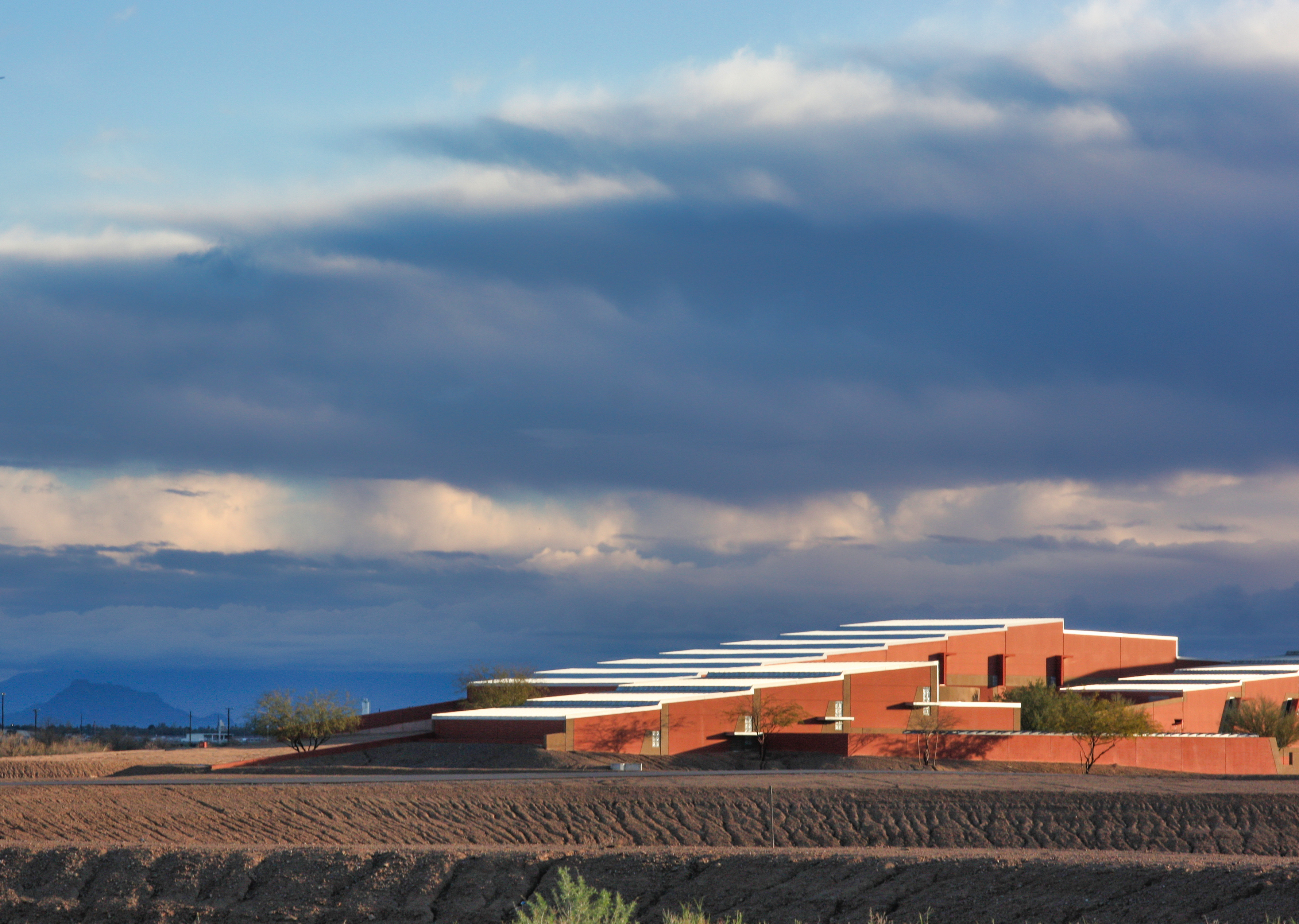Journey with us as we embark on a captivating exploration of a nation awakened from the grips of communism, the enchanting land that has gracefully traversed precarious transitions and bravely embraced modernization – Bulgaria. Untouched by the superficial frills and fickle trends that dominate contemporary society, this Balkan gem embodies a curious blend of history and progress, delicately balancing its rich heritage with the ever-evolving demands of the modern world. In this article, we invite you to witness the transformative narrative of post-communist Bulgaria, a tale not only of societal, economic, and political shifts but also of the unwavering spirit forged in the crucible of change. Let us embark on a journey that unravels the enigmatic allure of this nation as it emerges from the shadows of its past, forging an indomitable path towards a vibrant future.
Transition and Modernization: Post-Communist Bulgaria
Bulgaria, a vibrant nation nestled in the Balkan Peninsula, has undergone a tumultuous journey of transition and modernization following the fall of communism in 1989. This pivotal moment marked the beginning of a new era for the country, as it embarked on a path to reshape its social, economic, and political landscape.
During this transformative period, Bulgaria underwent a series of bold reforms that aimed to propel the nation into the realm of modernity. From the restructuring of the economy to the establishment of democratic institutions, the country embarked on a mission to break free from the shackles of its communist past and embrace a future filled with opportunities.
- Diversification of industries and market liberalization:
- Bulgaria’s transition saw the diversification of industries, with an emphasis on privatization and attracting foreign investments.
- Market liberalization opened doors for new businesses, fostering competition and innovation within the economy.
- Democratic reforms and European integration:
- The establishment of a multi-party system and free elections laid the foundations for democracy in Bulgaria.
- Bulgaria’s aspirations for European integration culminated in its accession to the European Union in 2007, solidifying its commitment to shared values and economic cooperation.
Today, Bulgaria continues to navigate the complexities of its post-communist journey, striving to balance its rich history with the demands of the modern world. While challenges remain, the country’s commitment to reform and modernization has set the stage for a promising future, one that embraces the potential for growth, prosperity, and a thriving democratic society.

– Analyzing the Challenges of Transition: Economic Reforms, Political Instability, and Social Transformation
Transition and modernization are complex processes that post-communist countries have to navigate in order to achieve economic reforms, political stability, and social transformation. One such country grappling with these challenges is Bulgaria, which emerged from communist rule in 1989.
One of the key economic challenges faced by Bulgaria during this transition was the need for comprehensive economic reforms. The communist regime left behind a centralized, planned economy that was ill-equipped to thrive in a globalized world. To address this, Bulgaria implemented a series of economic reforms, including privatization of state-owned enterprises and the adoption of market-oriented policies. However, the transition to a market economy was not without obstacles. Bulgaria faced difficulties in attracting foreign direct investment and experienced high levels of unemployment, especially in the early years of the transition. These economic challenges required careful management and adjustment to ensure a smooth and sustainable transition.

– Assessing the Progress: Achievements and Setbacks in Bulgaria’s Post-Communist Modernization
Amid the tumultuous winds of transition, Bulgaria embarked on a journey towards modernization after the fall of communism. With eyes fixed on the prosperous landscapes of Western Europe, the nation set forth on a quest to reshape its political, economic, and social fabric. Over the years, Bulgaria has witnessed both notable achievements and occasional setbacks on this transformative path.
First and foremost, one cannot overlook the remarkable strides made in Bulgaria’s economy. The embrace of market-oriented policies enabled the country to attract foreign investments, fostering a climate conducive to business growth. Luxuriant green shoots of entrepreneurship sprouted, creating a thriving private sector that now plays a pivotal role in Bulgaria’s economic landscape. Moreover, structural reforms and the joining of the European Union in 2007 facilitated the integration of Bulgarian businesses into the wider European market, opening up new avenues for trade and collaboration. Let us also not forget the burgeoning tourism industry that has flourished, with captivating natural landscapes and cultural landmarks enchanting visitors from all corners of the globe.

– Navigating the Roadmap to Modernization: Strategies and Policies for Sustainable Development
Bulgaria’s transition from a communist regime to a modernized, sustainable society has been a complex and challenging journey. With the fall of communism in 1989, the country embarked on a path of economic and political reforms that aimed to align the nation with Western Europe. This transition required a comprehensive modernization strategy, which encompassed not only economic development but also environmental sustainability and social well-being.
In order to navigate this roadmap to modernization, Bulgaria implemented a series of strategies and policies that fostered sustainable development. These included:
- Economic Diversification: Bulgaria focused on diversifying its economy by attracting foreign investments, promoting entrepreneurship, and encouraging innovation. This helped create a more dynamic and competitive business environment, reducing the country’s reliance on traditional industries.
- Environmental Protection: Recognizing the importance of preserving its natural resources, Bulgaria implemented policies to promote sustainable practices. These included stricter regulations on air and water pollution, the promotion of renewable energy sources, and the preservation of national parks and protected areas.
- Social Inclusion: As part of its modernization efforts, Bulgaria sought to ensure that all segments of society benefitted from the transition. This involved implementing policies that promoted equal access to education, healthcare, and social services, as well as addressing the challenges faced by marginalized groups.
These strategies and policies, along with many others, have played a crucial role in Bulgaria’s successful transition towards a modernized and sustainable society. While challenges remain, the country’s commitment to its roadmap to modernization has created a solid foundation for continued progress in the years to come.

– Addressing the Unfinished Business: Recommendations for Further Advancement in Post-Communist Bulgaria
As post-communist Bulgaria continues to navigate through its transition and modernization process, there is a pressing need to address the unfinished business and propel the nation towards further advancement. In order to achieve this, a set of recommendations have been formulated to guide the country’s path towards a prosperous and democratic future.
First and foremost, it is imperative for Bulgaria to prioritize economic reforms that foster sustainable growth and reduce dependency on foreign aid. This can be achieved through comprehensive measures such as attracting foreign investments, promoting entrepreneurship, and fostering innovation. Additionally, it is crucial for the government to address the issue of corruption head-on by implementing robust anti-corruption policies and ensuring transparency in public institutions.
- Enhancing educational system: Investing in quality education and vocational training programs to equip Bulgarian youth with the necessary skills for the competitive job market.
- Strengthening democratic institutions: Reaffirming the rule of law, ensuring an independent judiciary, and reinforcing the role of civil society organizations.
- Preserving cultural heritage: Protecting and promoting Bulgaria’s rich cultural heritage by establishing preservation initiatives and encouraging tourism.
By addressing these recommendations, post-communist Bulgaria can overcome its current challenges and embark on a trajectory of sustainable development and prosperity. It is through a concerted effort and a collective vision that the nation can truly embrace the principles of democracy, foster modernization, and secure a brighter future for all its citizens.
Future Outlook
As the sun sets over the enchanting landscape of Bulgaria, we bid farewell to a journey filled with the ebb and flow of transition and modernization in this post-communist nation. From the ashes of the past, a promising future has emerged. With a unique blend of historical charm and forward-thinking innovation, Bulgaria has defied the odds and embraced change.
Amidst the remnants of its communist past, Bulgaria stands as a testament to the indomitable spirit of its people. We have witnessed a country undergoing a metamorphosis, with each step forward shaped by the echoes of its tumultuous history. From the fall of the Iron Curtain to a rebirth of democracy, Bulgaria has embarked upon a path less traveled, forging its own destiny amidst uncertainty.
In this journey, we have witnessed the country’s cities come alive, adorned with the trappings of modernity. Skyscrapers punctuate the skyline, mirroring the aspirations of a nation ready to embrace progress. While strolling through the bustling streets of Sofia, Varna, or Plovdiv, it becomes evident that innovation is no longer a foreign concept here. Breakthroughs in technology, science, and arts have become badges of honor for Bulgaria, shining brightly as it takes its place on the global stage.
Yet amidst these leaps towards the future, Bulgaria reverently clings to its storied past. Ancient fortresses rise majestically, guarding sacred histories etched into the very fabric of the land. The streets whisper tales of empires that once ruled, leaving echoes of Bulgaria’s remarkable resilience. This fusion of old and new creates a distinctive tapestry, woven with threads of both tradition and progress.
But let us not forget the individuals who have played their part in shaping this remarkable transformation. It is through the tireless efforts of Bulgarians, from all walks of life, that this nation has blossomed. From courageous activists fighting for change to visionary entrepreneurs unlocking new opportunities, Bulgaria is a mosaic of passion and determination.
As we pause to reflect upon this captivating journey through transition and modernization, we cannot help but marvel at the remarkable legacy Bulgaria is crafting. With each passing day, it moves closer towards becoming a beacon of possibility, a testament to the transformative power of the human spirit.
In bidding farewell to this exploration, we leave with a sense of awe and admiration. Bulgaria has etched itself into our hearts, a land where dreams are realized, and a future painted with endless possibilities. May this country continue to soar, its wings embracing both tradition and innovation, and may its story inspire generations to come.

